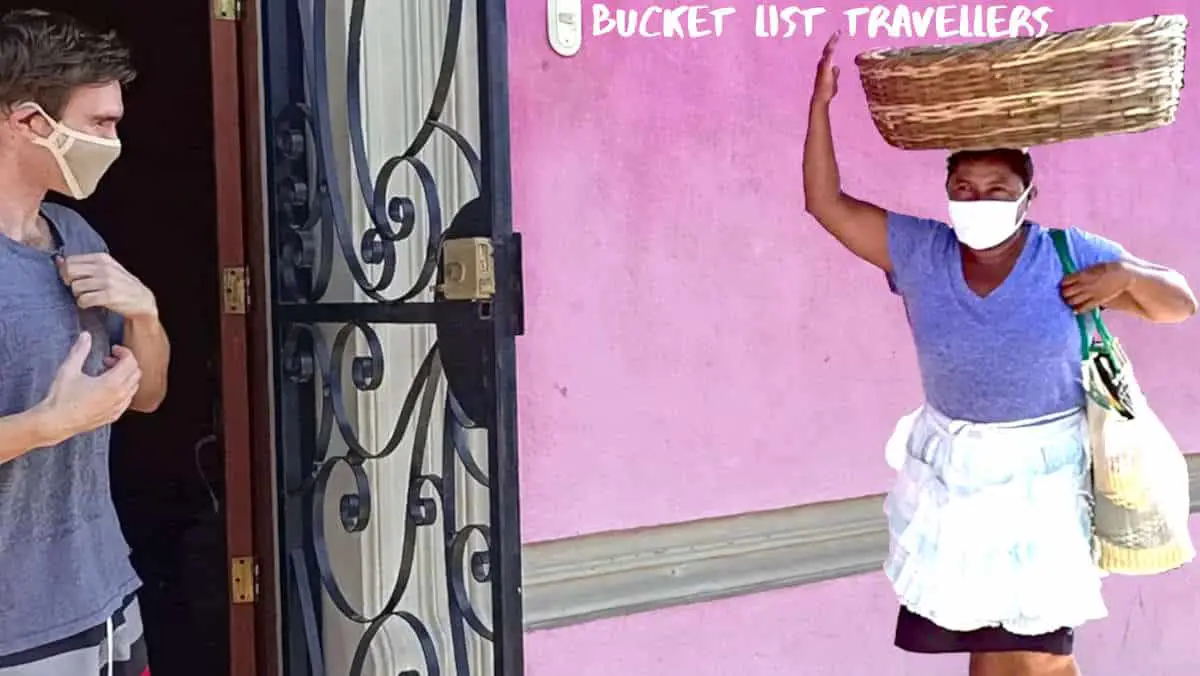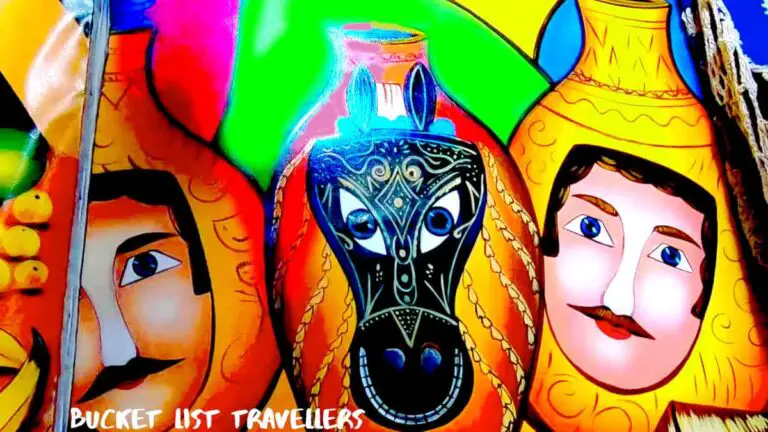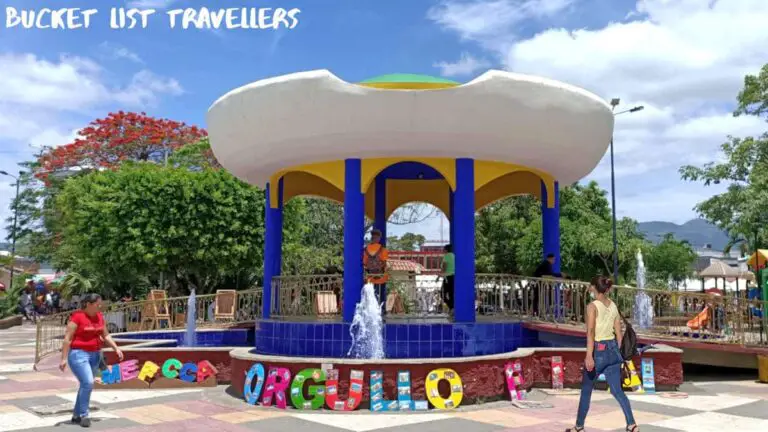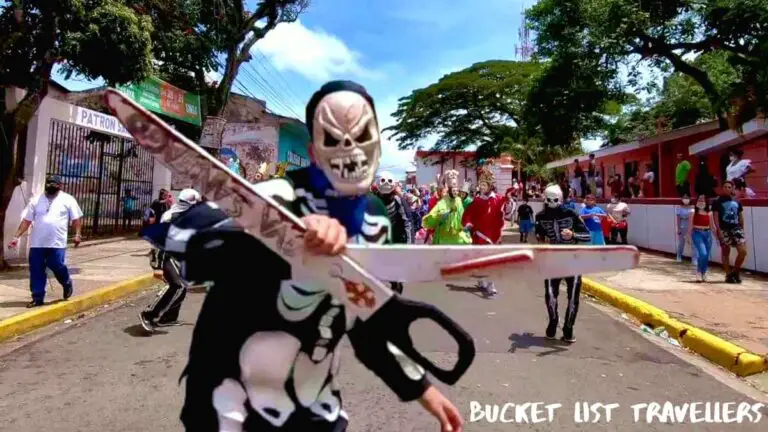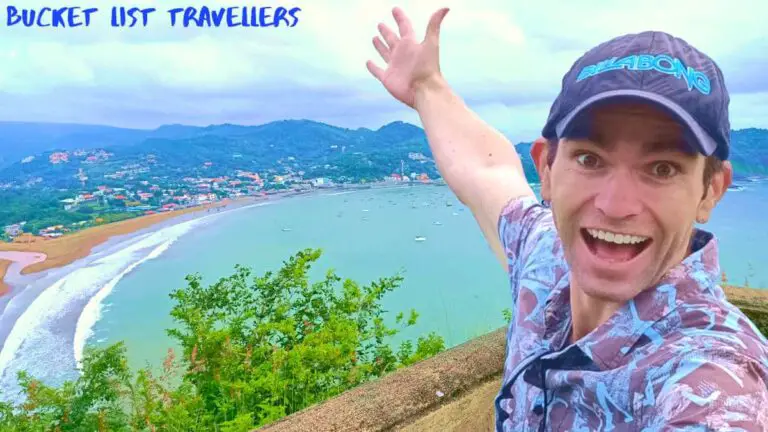Ever considered moving to Nicaragua? Then you’ve come to the right place. We have plenty of useful information about Living in Nicaragua that we’re keen to share with you! We spent a year and a half living in Granada Nicaragua. During this time we learnt a lot about life in Nicaragua and we’re keen to share our experiences with you.
In this post we’ll be sharing the 10 most surprising things about living in Nicaragua. We’ll cover some things we’ve observed in the culture and customs. We’ll also share some more practical matters of day to day living. This post will be very useful for anyone considering moving to Nicaragua, as well as for anyone who is interested in what its like living in Central America. In this post we cover aspects of expat life, from the cost of living to the current state of the Nicaragua property market and some other surprises in between!
Plan your trip: Here are our Nicaragua top recommendations:
Activities: book your Nicaragua Tours with Get Your Guide.
Accommodation: we use Booking.com to find the best hotels.
Private Transfers: Pacific Tours,
Flights: find cheapest flights with cashback on WayAway.
Airport Lounge Access: start your holiday the right way with Priority Pass.
Travel Medical Insurance: SafetyWing Nomad Insurance is the ideal choice for long-term travellers and digital nomads.
Travel Banking: Wise makes global travel banking seamless and affordable.
How We Unexpectedly Started Living in Nicaragua
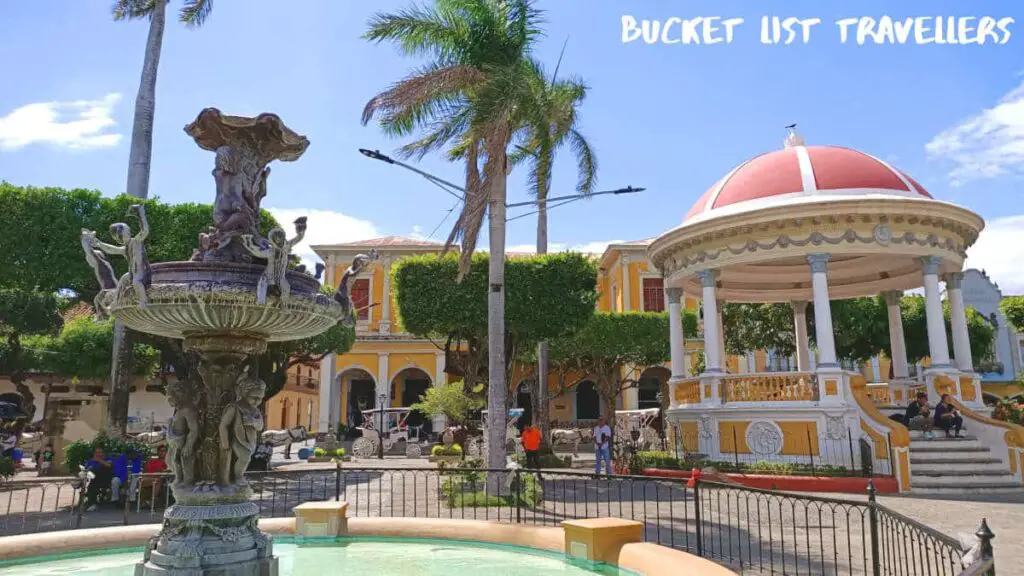
In March 2020 we crossed the border from Honduras into Nicaragua. This was part of a year long adventure around the world. Little did we know that a few weeks later the world would shut down due to the Covid pandemic, borders would close and we’d be living Nicaragua! If you want to know more about how we reached our decision to ride out the pandemic here, watch our travelling in Covid video.
We called Granada Nicaragua our home for a year. It’s an inland city on the coast of Lake Nicaragua and is home to around 120,000 people. Conveniently located, it is less than an hour drive from the capital Managua. Granada is well serviced with 3 main supermarkets, and plenty of restaurants. As Nicaragua’s 6th most populous city, it has a rich history, beautiful colonial style architecture and is a popular choice for expats looking to move to Nicaragua.
10 Most Surprising Things About Living in Nicaragua
After a year living in Nicaragua, this is our list of the things that surprised us most:
No Street Numbers
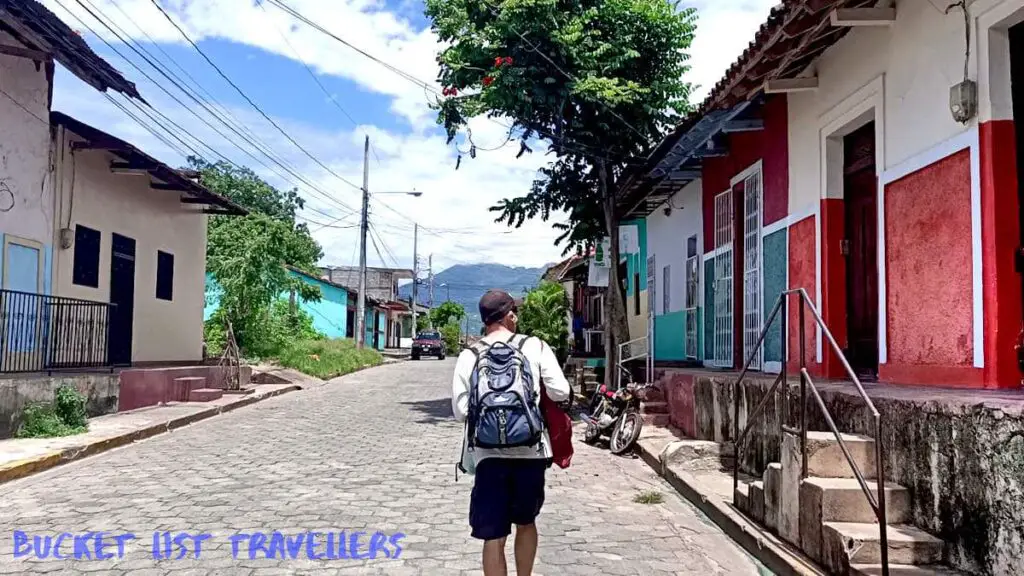
One surprising and sometimes frustrating thing about Nicaragua is that there are no street numbers. We can understand a small country town not having street numbers, but this is true of larger cities as well. Having street numbers would save a lot of time when trying to find a building or when ordering deliveries. It’s funny how something so simple can make such a big difference.
Announcement Vans
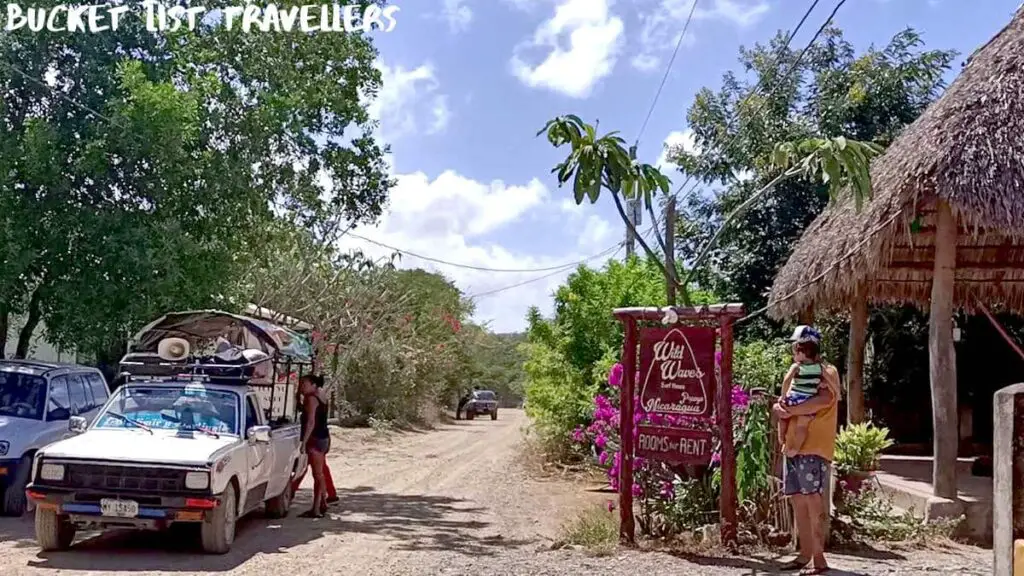
Another thing that we haven’t seen elsewhere are vans driving around the streets playing announcements over a loudspeaker. These are obviously in Spanish. With our slowly developing vocabulary it took us a while to figure out what was going on here. Some of these vans are announcing that they are buying scrap metal. Others that they are selling things like fruit and vegetables, cheese and other items. There are also vans drive around the streets announcing the local news. This might include things like for example who has died recently and there are also notices on missing pets. This is an interesting way to get the news out and keep everyone in the loop about what’s going on.
Street Vendors
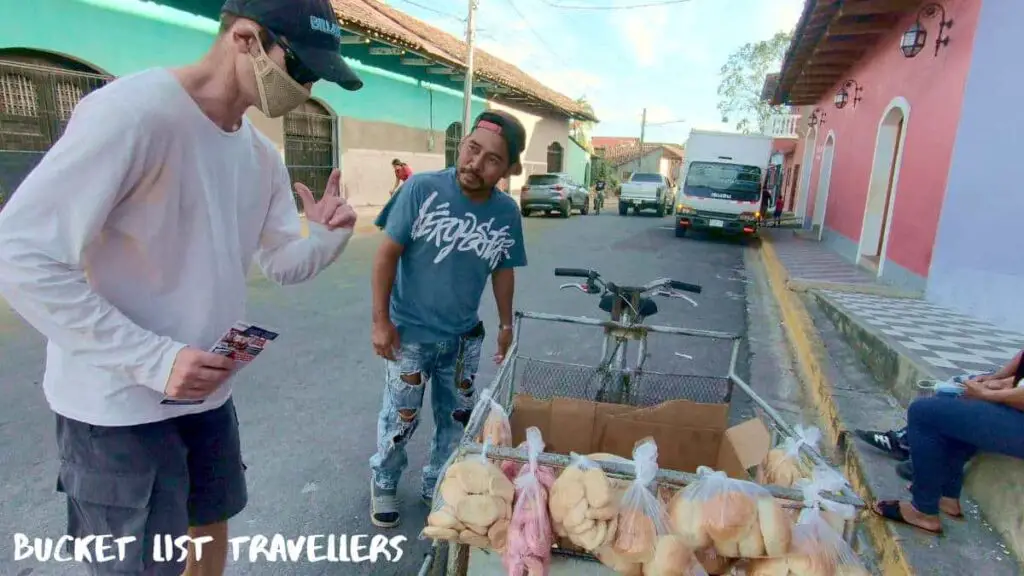
Another thing you hear on the street are the calls of the street vendors. Street vendors in Nicaragua sell everything from fresh fruit and vegetables to even ice cream. In the afternoons there are people on bicycles or with carts that go around the streets selling bread. Almost a year after living in Nicaragua, we discovered there is a cheese and cream van that visits our street twice a week. We source most of our fruit and vegetables from these locals rather than going to the supermarket. We love the convenience of having fresh seasonal produce delivered straight to our door. It also feels good to support the local economy.
Late Night and Early Morning Noise
If you’re a light sleeper, you might want to start wearing earplugs if you come to Nicaragua. It can get noisy late at night and early in the morning. It’s also a reason why it’s often recommended to try out renting in an area before you buy.
On weekends there are often loud parties with plenty of music and festivities.
In the morning there are church bells, barking dogs and on some special occasions there are also marching bands. There are also fireworks that sound like guns being fired off. These fireworks, are known as bombas and are often used to let people know that a special event is on. If you follow the noise you often stumble upon some interesting event like this children’s parade. The noise factor takes a bit of getting used to, but it all adds to the richness of living in Central America.
Fireworks
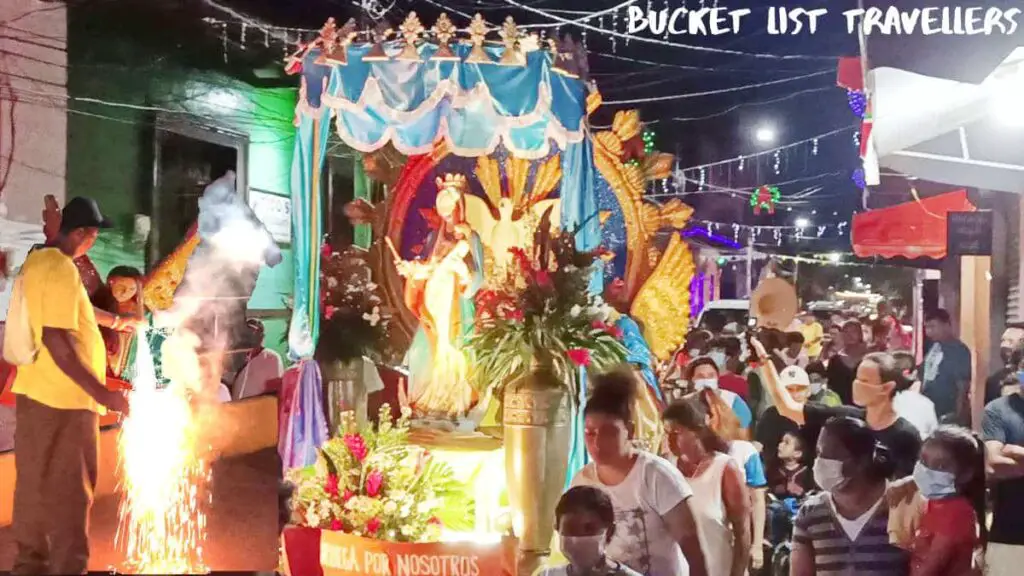
In our home country of Australia, the use of fireworks is heavily restricted. This makes it very hard for ordinary people to get their hands on some fireworks. The same cannot be said of Nicaragua. Fireworks feature prominently in celebrations, both early in the morning, as we have mentioned, as well as at night. In the lead-up to festivals such as the Tope de los Santos, the La Purisima Festival and La Griteria fireworks are let off every morning before dawn.
Bats
Nicaragua is filled with beautiful wildlife. We’ve enjoyed having hummingbirds flying around our garden and we’ve even seen a fireflies as well. But one flying creature that we haven’t been too fond of are the bats.
The critters have taken up residence in our roof. Despite the pest inspector coming and spraying the area multiple times they still remain. They manage to get into the crevices of roofs, where they sleep during the day and then come out after dark to eat, poo everywhere and fly around our heads. The positive side of the bats is that we think they eat the mosquitoes, which is another pest that we’re not too fond of. The downside is that they carry a multitude of diseases, such as rabies. The other day a bat got into our bedroom, got disorientated and wouldn’t get out. That was a little bit freaky!
From speaking to the pest inspector, the only real way to get rid of the bats would be to go up, open the roof and the then fill it in with insulation so that there is no room for the bats to roost. Bats can cause a fair bit of damage to your ceiling cavity due to their defecation, and they do pose a health hazard, so if you’re building a house in Nicaragua, or in Costa Rica for that matter, then we’d strongly recommend bat proofing your house, as prevention is much better than cure!
Shallow Property Market
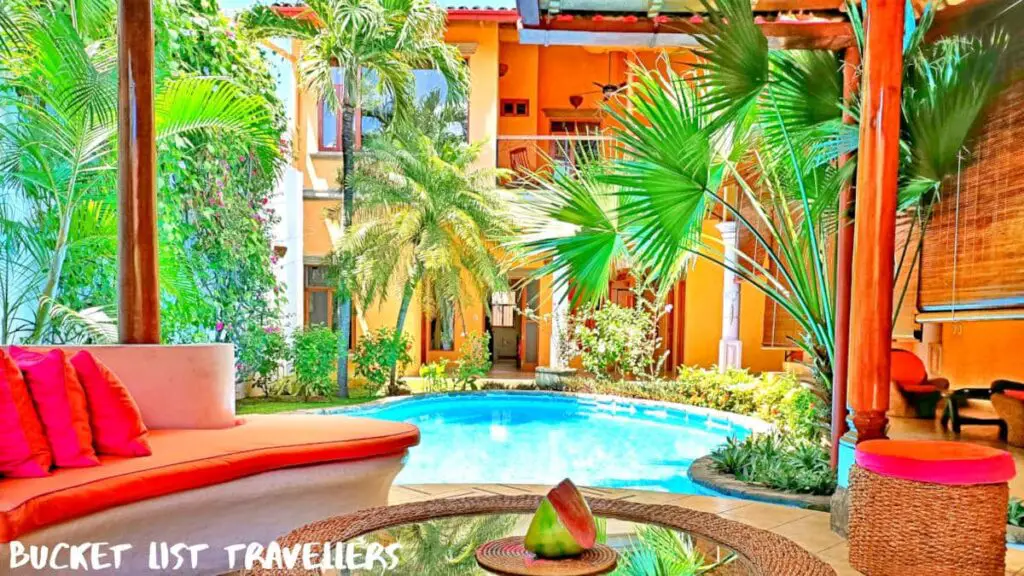
If you are considering moving to Nicaragua then there has never been a better time to get into the local property market. Both Covid and the events of 2018 have created a strong buyers market with properties going for up to 20 to 50% lower than the cost to build. This has also resulted in the rental market being depressed at the moment, with rent reductions higher than 50% in some cases. With any investment, make sure you do your due diligence. While you might be able to snap up a bargain now, keep in mind that will may be some time before the market recovers.
Very Affordable Cost of Living
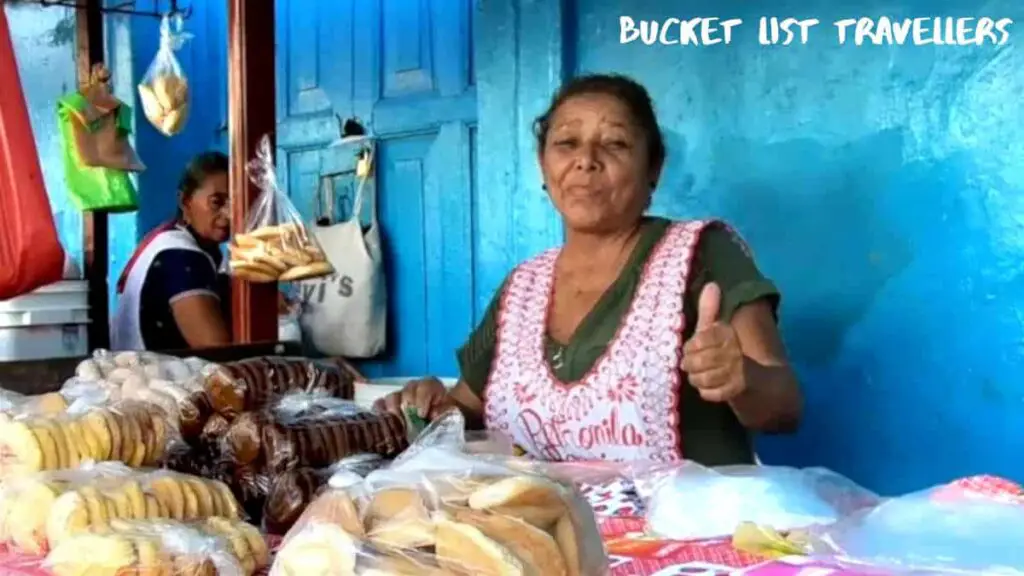
One thing that has been a great aspect of living in Nicaragua has been the super cheap cost of living. It is one of the cheapest places to live in Central America, and is much cheaper than its neighbour Costa Rica. This is especially true if you shop at local markets and buy from local restaurants. That being said, there are some ex-pat run restaurants that are as expensive if not more expensive than what we’d get at home. If you’re after imported food from supermarkets then you’ll pay a premium for that as well. Nicaragua is also known as a destination for dental and medical tourism due to its high quality and low cost.
Cost of Electricity
One drawback of living in Nicaragua is the high cost of electricity. This can really add up, especially if you like cranking up the air conditioning to deal with the heat. Electricity plugs and voltage are the same as in the US and Canada.
Nicaragua has the lowest levels of electricity access compared to its population for Central America. After a year of living in Nicaragua, we haven’t experienced too many blackouts. Most blackouts only last for a second. We only notice that there has been a blackout because the light on our air conditioning unit starts blinking. There were a few blackouts during Hurricane Iota. Frustratingly our longest blackout came on our last night in Granada and lasted for several hours. This made packing up to leave particularly frustrating!
Nicaragua is Not Serviced by Amazon
Amazon doesn’t service Nicaragua. You can get around this by using a third party shipping company. Keep in mind that the import duties in Nicaragua are very high. This is particularly relevant for electronics. If you want something from overseas, your best bet is to bring it with you when you go there next. Alternatively you could find someone willing to bring it over for you. If you do want to buy consumer goods in Nicaragua, the biggest range can be found in Managua. There is also a large market in Masaya.
Internet Connectivity in Nicaragua
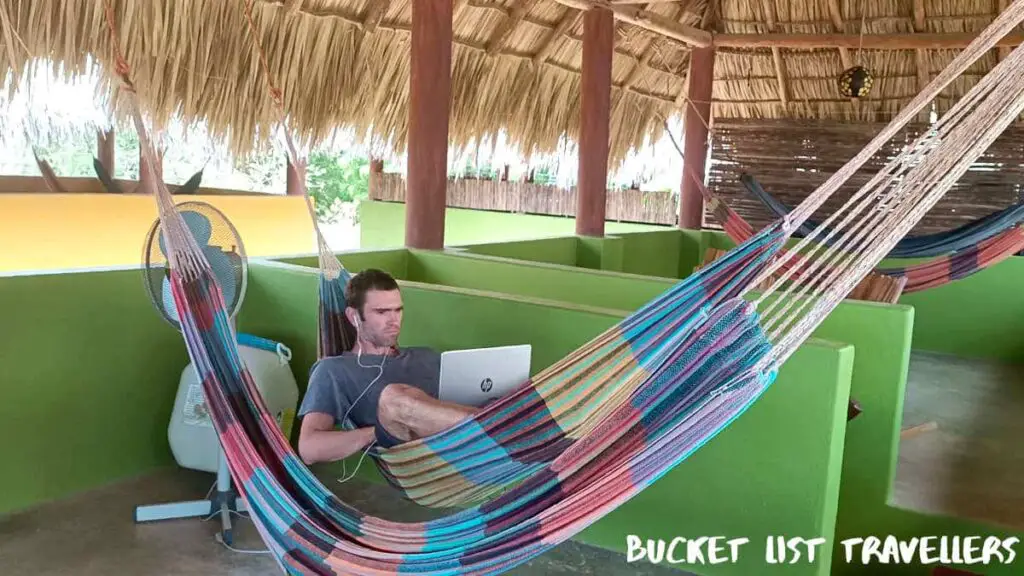
The internet speeds in Nicaragua vary wildly depending on location and plan that you are on. In general, the internet speeds are a bit faster than what we had on our plan at home in Australia. However if you’re used to super fast internet speeds then you might need to reset your expectations. High speed fibre internet is available in some places. The best speeds we’ve experienced have been around 40 Mbps download and 20 Mbps upload. Funnily enough, these have been in beach areas like San Juan Del Sur, Ometepe Island and Playa El Transito. More common speeds that we have found in city hotels have been 4-5 Mbps download and 1-2 Mbps upload (as at 2021), which requires a bit more patience!
As at March 2024, Nicaragua was ranked 97th in terms of fixed broadband internet download speed. Australia was ranked 94th, so we’re used to pretty ordinary internet.
Final Thoughts
We are so grateful that we were able to experience what it’s like to live in Nicaragua. Our time here has been one of the highlights of our lives. We will forever have a warm spot in our hearts for this amazing country. If you have been considering a move to Nicaragua we highly recommend trying it for yourself!
What surprised you most about living in Nicaragua? Was there anything we missed in our list? Let us know in the comments section.
If you liked this article you might also like our article on the 5 most surprising thing about visiting Nicaragua.
If you want to learn more about visiting Nicaragua, check out our playlist of Nicaragua videos.
Nicaragua Blogs
You can find our Nicaragua blogs below.
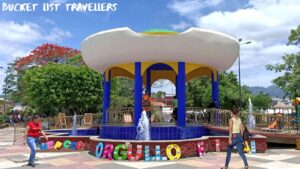
Esteli Nicaragua Destination Guide (2024): What You Need to Know
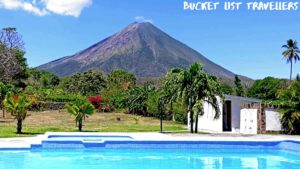
Ometepe Island Nicaragua Destination Guide (2024): What You Need to Know
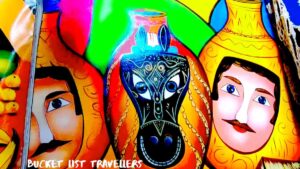
Masaya Nicaragua Destination Guide (2024): What You Need to Know

San Juan del Sur Nicaragua Destination Guide (2024): What You Need to Know
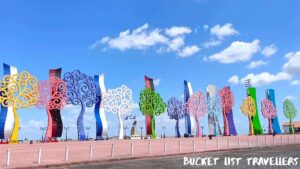
Managua Nicaragua Destination Guide (2024): What You Need to Know
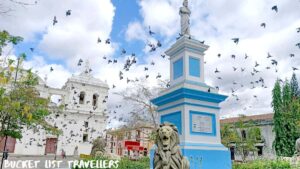
Leon Nicaragua Destination Guide (2024): What You Need to Know
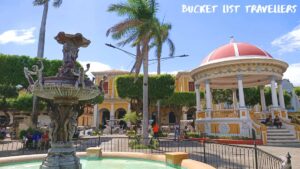
Granada Nicaragua Destination Guide (2024): What You Need to Know
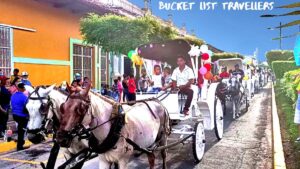
Transport in Nicaragua – Complete Guide to Nicaragua Transportation (2024)
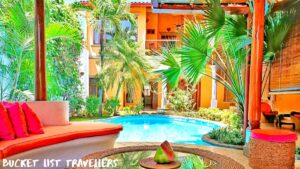
Where should I live in Nicaragua?
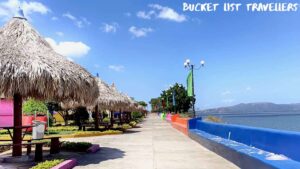
Top 5 Things to do in Managua Nicaragua (2024)
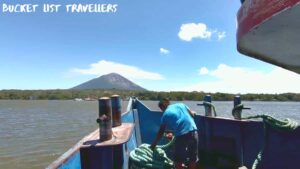
Granada Ferry: How to get to Ometepe Island
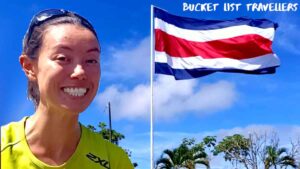
Nicaragua Costa Rica Border Crossing: Complete Travel Guide

Home Invasion in Granada Nicaragua
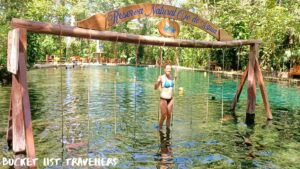
Ojo de Agua: Paradise in Nicaragua!
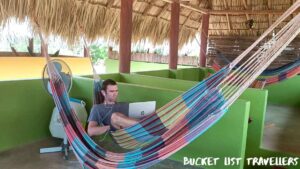
How Good is the Internet in Nicaragua?
Affiliate Links
This website contains affiliate links, which means we may earn a commission on any purchases at no additional cost to you. Your support helps us continue our travels and make more travel blogs and travel videos, thank you!
